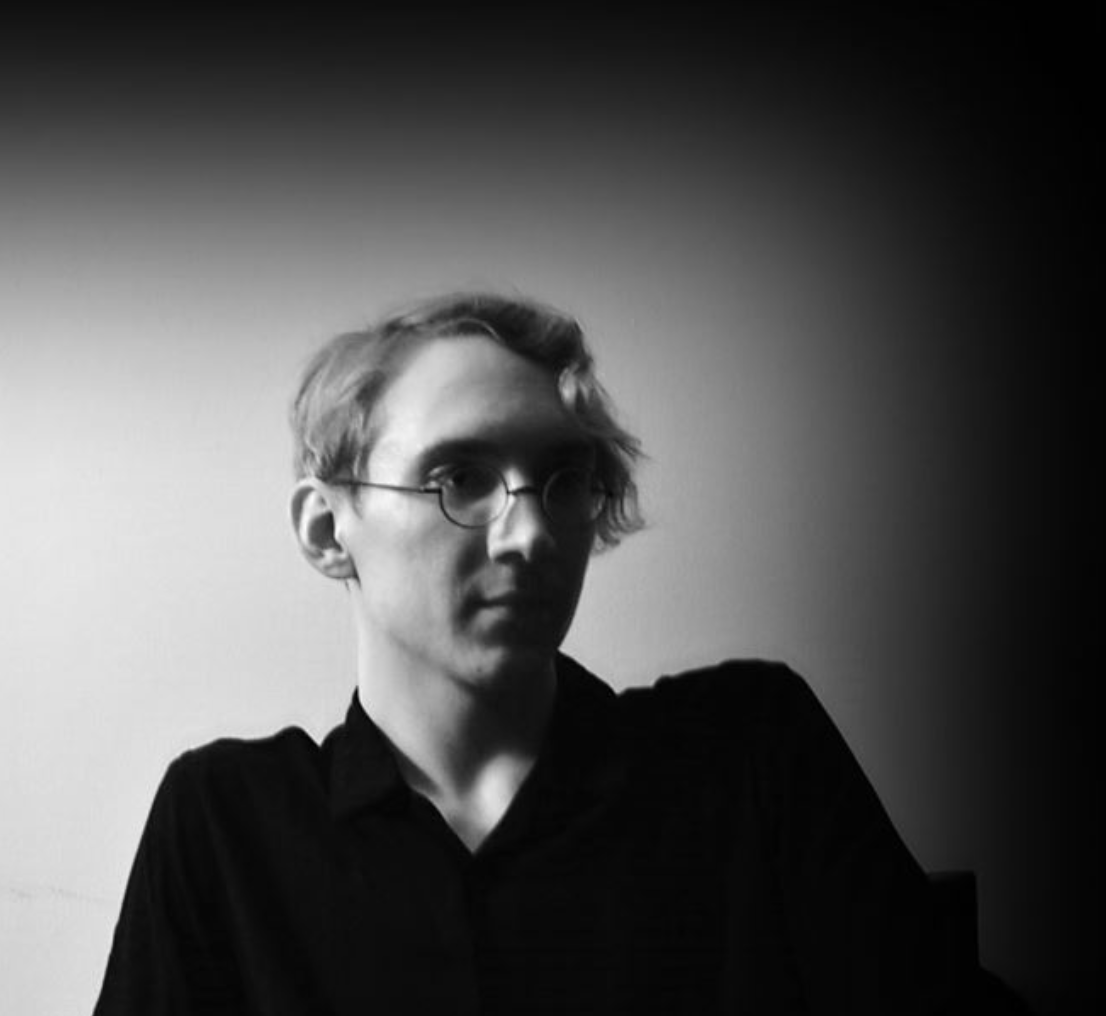The Bristol Rhythm and Roots Reunion celebrates country music and its birthplace.

It’s the 95th anniversary of the Bristol Sessions and the 21st Rhythm and Roots Reunion which will be taking place Sept. 9-11 in downtown Bristol. We’ve sat down with the Executive Director of Advancement, Leah Ross, and local musician, Woody Woodworth (who will be playing at the Farmhouse Pumpkin Fest in RVA on Sept. 17) to discuss what to expect when in Bristol. Not only has the music scene grown there, but the town itself has experienced a rebirth, with new businesses popping up and people moving in.
Konstantin Rega: The mission of the Birthplace of Country Music Museum is to foster the kind of country music style and heritage in the area. How do you see yourself going forward?
Leah Ross: You know, the Museum is there to celebrate those 1927 Bristol Sessions. But we realize that there are so many different genres that have spun off of that. The thing that I find exciting is knowing that most artists want to know that history, and that gives them thoughts and ideas about how they can move forward with their music.
That’s our goal: to celebrate and promote the recordings, and just make everyone aware of where it started, and where it is today.
So for you, Woody, is the Rhythm and Roots Reunion the kind of festival and culture that influenced you throughout your music career?

Woody Woodworth
Woody Woodworth: Well, I’m a longtime Virginia. I grew up here and my grandparents are from here. And my grandparents were so proud that the Carter Family lived in Richmond at one time. So in my household growing up, country music was an essential part of who I was.
I’ve always been drawn to the origins and where things come from, especially in Virginia. And the 1927 recordings are so essential. It’s a milestone in music, in southern music. You have all these different artists coming together in one place and so this American—this hodgepodge of American music—starts forming into this genre that we now know of as country music.
And the roots are so important. I mean, it’s the reason why, when I put out my first record (which I titled Virginia), I went to Bristol, and recorded on State Street because I knew how important it was. I wanted to pay homage and tie my music back to this foundation that I had growing up.
And last year, being a part of it for the first time, I’ve never felt anything so wonderful. Being able to walk around and see different stages and see different artists, you really start to see how all this music kind of comes back together.
So for Bristol and the festival to bring all these artists together is so very important. Having all of these different genres colliding is quintessential, and I think a lot of artists like myself, we honor that. And we want to be a part of that.
Over the years, what’s been the reaction to the festival?
L-R: I’ve been involved since the beginning. It started in 2000. And I estimate that first year, we might have had 7500. Now we’re averaging about 40-45,000. So it’s really grown. And I think it’s because our community really embraced it.
We do still book a lot of our local and regional artists, which we’re proud of. But I think that we have a very diverse group that likes and plays all kinds. We’ll have musicians from about 40 states represented at our fest.
I think one of the things about this festival that we’re known for is that there are artists on our lineup that you’ve never heard of, but you’re going to go away following them. So we’re proud of our role in keeping that music alive.
So with your experience as a musician at the festival, how did you feel there?
W-W: It was like going home. I didn’t really know what to expect as an artist because I’ve only watched it from the outside. But I just always wanted to be a part of it. And when I went there, it was just the most welcoming experience that I’ve had in a festival atmosphere.
Everywhere I went, I felt part of the larger music scene. You know, whether you’re at a small stage or a big stage, there are people there that want to be there. That’s the one thing that I think I noticed most about Bristol’s Rhythm and Roots: the fans that are there. I mean, it’s really a festival for people who love music and love authentic music.
So with the museum and with the festival, what can people expect? Why should they go?
L-R: It was in 1998 that Congress declared Bristol the birthplace of country music. When you go to the museum, the first thing that you’re going to see is their introductory film. It’s narrated by John Carter. And it really tells that history and how it’s evolved. And you know, Johnny Cash said, “It was the most important event that ever happened in country music.”
It’s a very interactive museum, where like, if you were listening to a song from the 1927 sessions, and you don’t want to hear the singing, you can take that out and just have the instrumentation. And then there’s another area where it talks about the different people who have recorded songs from the 1920s.
I think the community in our region, really embraced the festival. I think it’s introduced a whole new generation to bluegrass and old-timey music and taking it to a level that’s still authentic but also new and fun.
There’s a revival that’s happening right now. There are so many talented artists coming out of Virginia from 49 Winchester, Morgan Wade, Andrew Raleigh, Justin Golden—who’s an amazing blues singer and player here from Richmond. It’s just a beautiful time right now. We feel, in some ways, very much tied to it. Because it uplifts these artists and helps keep that sound alive, and gives them a platform.
So, Woody, what do you want listeners to get out of the music you play?
W-W: Country music is like the people’s music; it’s just about connecting with people. What I want to get out of it is just being able to take lyrics and a melody and touch somebody, you know, whether it be emotionally, spiritually.
But for me, growing up in a household where every Saturday night, my grandparents were sitting in front of the TV watching the Grand Ole Opry. This music is deeply ingrained in me, but I have been influenced by the Beatles era and Bob Dylan and all these other things, too.
And so, as an artist, I’m constantly reaching back to that thing that I grew up around. But I’m also always evolving. You know, early American music is just so monumental, because if we don’t have Blues and you don’t have Country, you never get the Beatles.
So over the last 20 years, what are the major changes that you’ve noticed in Bristol?
L-R: If you looked at our downtown 20 years ago, it was boarded up. I mean, there was hardly anything there. And when we started the festival you couldn’t get the people to come out. They’d say, I don’t like Bluegrass, I don’t like this or that.
And when we started delving into some of those genres that came from roots music, the city saw that and was like, “Hey, this is going to be good for us.”
Our community really started embracing it from their dollars to their time. And there’s, I think, just one building right now that hasn’t been bought. I mean, hardly a night goes by that you don’t hear music downtown. We’ve got over 20 restaurants—which is unreal—we have breweries, we have a draft house, a distillery. That’s in our downtown. When we first started, there might have been 10 lofts or apartments downtown. And now there are over 60 and even an Airbnb.
So people have really realized, I think, the jewel that we have down there. And it’s not so much the music, but what the music has brought to our city, and helped us become a very vital part of our community and a place where people enjoy coming.











